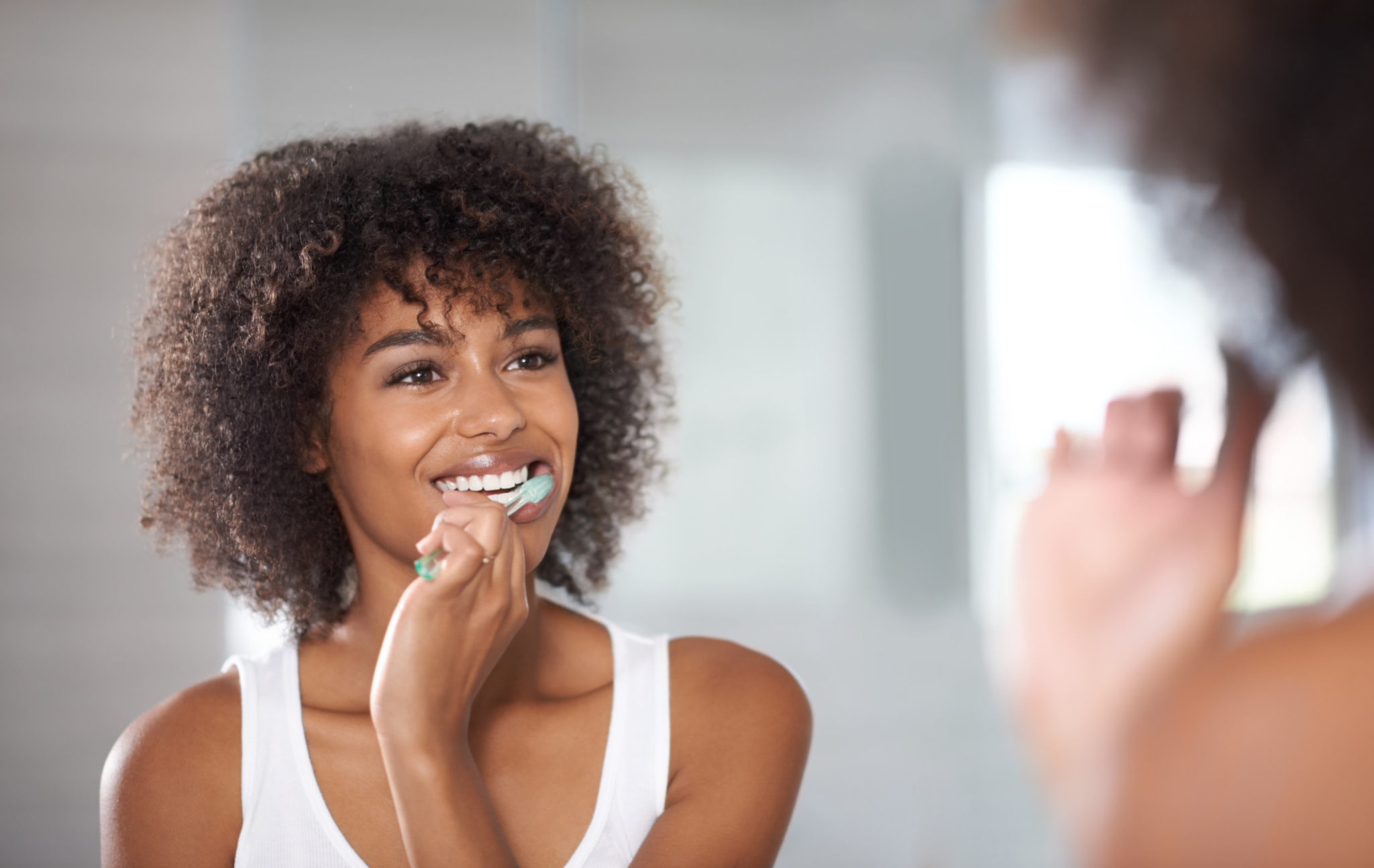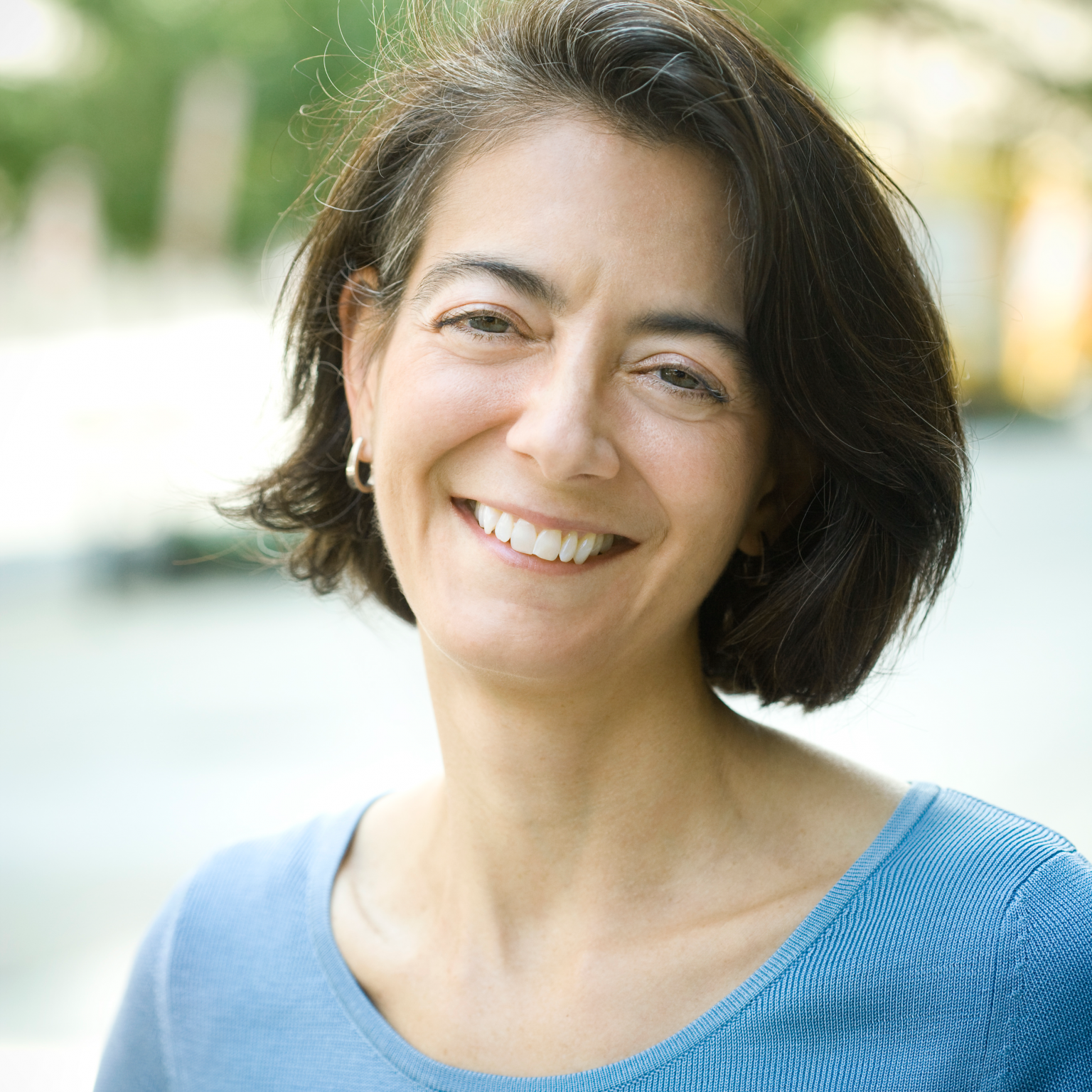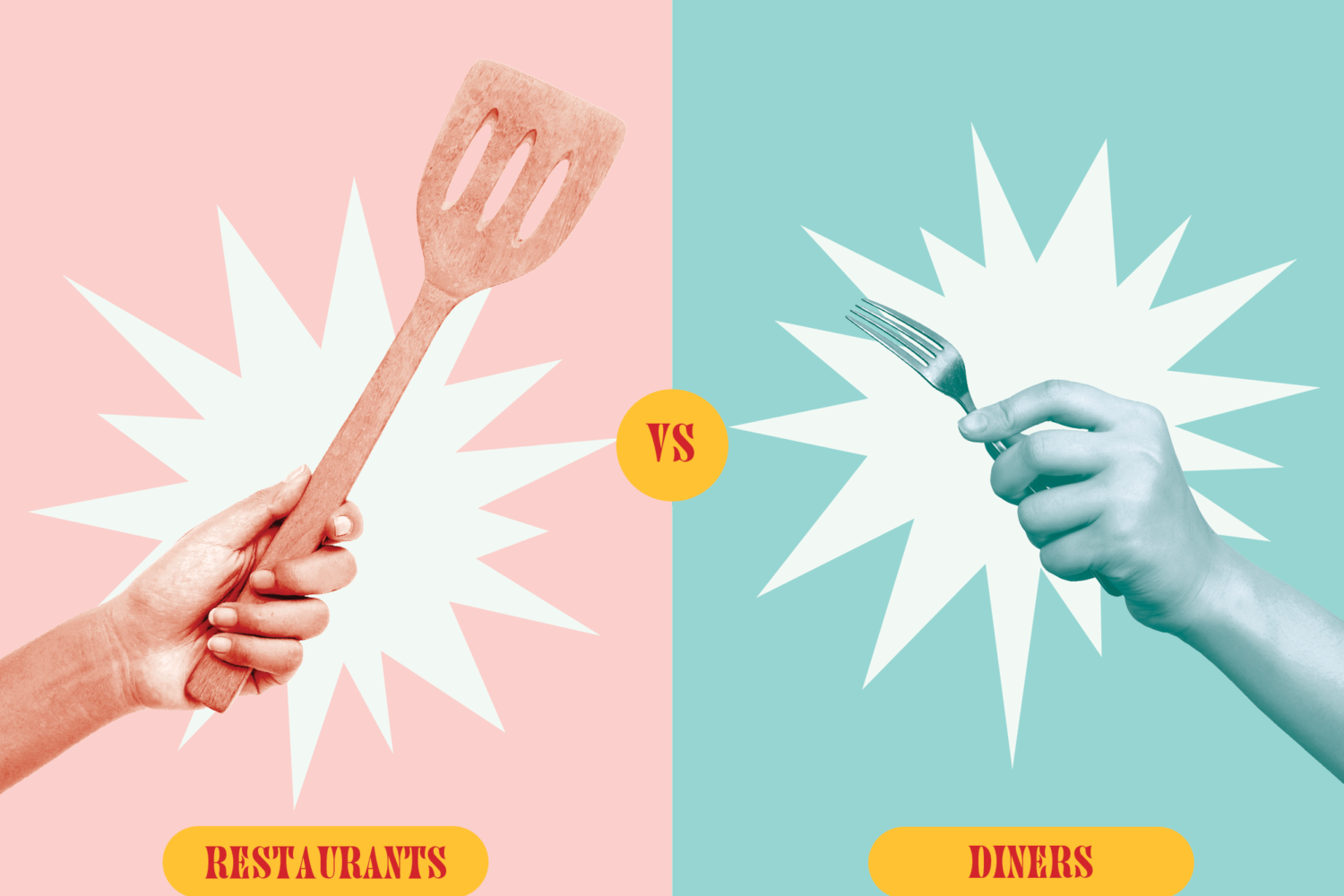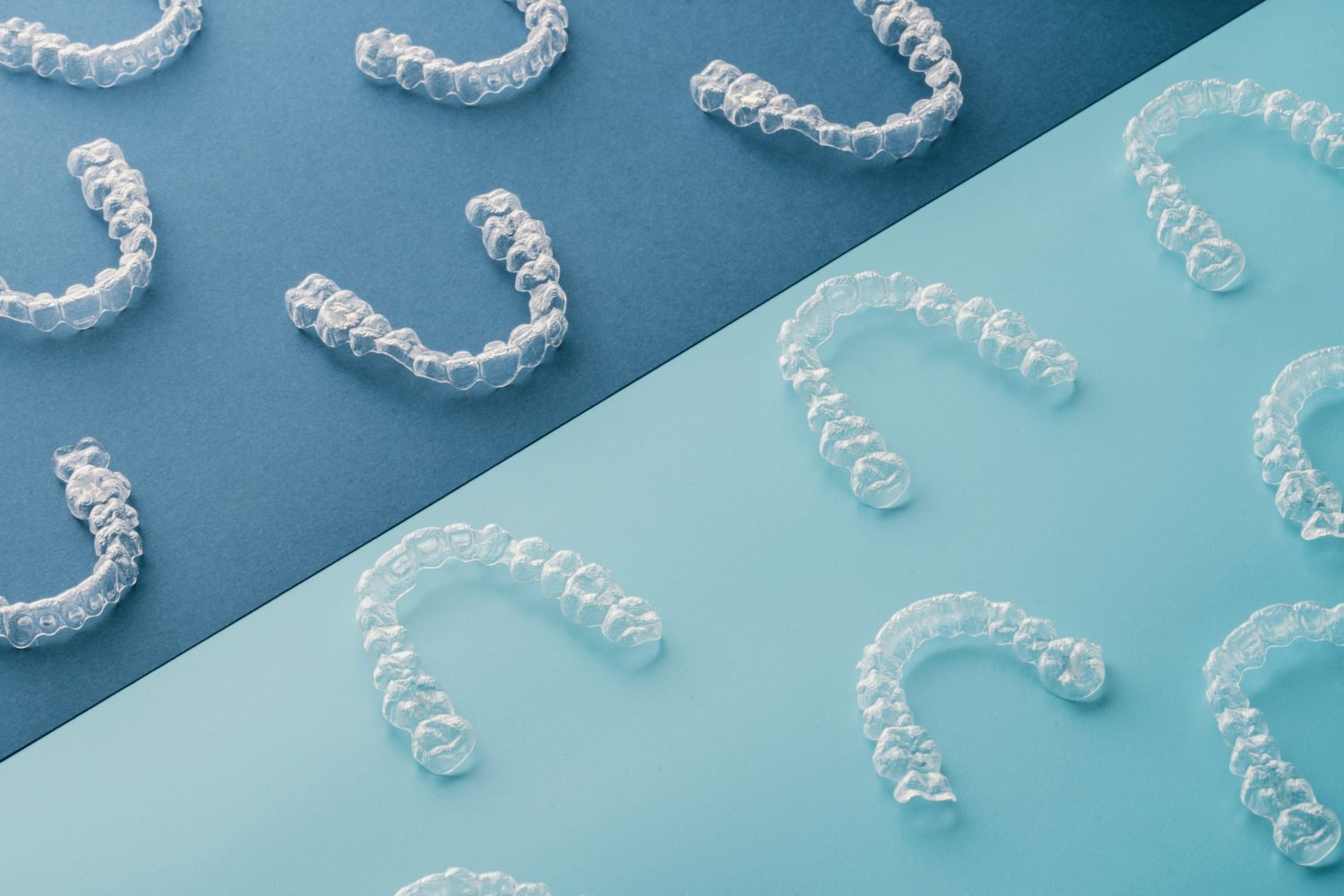Working from home has its advantages, sure, but here’s a surprising downside: It may be ruining our teeth.
Earlier in the pandemic, it was well reported that dentists were seeing a sharp rise in chipped and cracked teeth, as more Americans—stressed by Covid—were clenching their jaws and grinding their molars. While those issues persist, there’s another cause for concern: In an October poll by the American Dental Association Health Policy Institute, nearly 40 percent of dentists reported an increase in cavities and periodontal disease in patients. Compared with prior surveys, that was the largest share of dentists saying they’re seeing more decay.
The reason for the rise in what’s been called “Covid cavities”? Blame some of the new habits we’ve adopted while at home. Chief among them: snacking.
At home, both kids and adults tend to nosh more frequently, leaving behind residue that can encourage bacteria. “Having the refrigerator 20 feet away [all day] ultimately wasn’t healthy for teeth,” says Great Falls dentist Shane Costa. While sugary treats are the most damaging, he says the culprits could be seemingly good-for-you snacks such as fruit and granola.
Drinking water after snacking can help wash away residue and prevent decay. But dentists are gnashing their teeth, too, at how dental habits have deteriorated. Pre-pandemic, people often brushed before heading to the office in the morning or going out on the town at night, because they’d be face to face with other people. Now, in this age of Zoom, not so much.
“Home hygiene isn’t what it used to be,” says Lansdowne dentist Atiyeh Emam. “They’re skipping brushing and flossing.”
In a survey commissioned by the American Association of Endodontists, 31 per-cent of respondents said they were eating more sweets than before Covid, 23 percent said they were forgetting to brush before bed, and 24 percent reported flossing less.
On top of that, many patients are still skipping the dentist, nervous about the coronavirus.
“There are patients trickling in who haven’t been in since the pandemic and are having these issues,” says Dr. Costa, “when in the past they never did.” He adds that some who finally come in for a cleaning are surprised when exams and x-rays turn up a cavity, even though the tooth didn’t hurt.
An untreated cavity can eventually result in a root canal, crown, or extraction. Lax oral hygiene and missed cleanings can cause periodontal disease.
Says Costa: “There are people who aren’t great at cleaning their teeth, and they rely on that every-six-months cleaning to get some of that stuff off. Plaque, if not cleaned, will lead to tartar, and that can lead to gum recession, bone loss, and tooth loss.”
Ironically, at the same time that some people are slacking off on oral care, they’re stepping up other “self-care”—in ways that aren’t always healthy for teeth.
“I had someone who came in recently—her stress has gone up and her acid reflux has gone up,” says Dr. Emam. “She was treating her reflux with ginger ale, and that caused several cavities in someone who had never had them. Then you have other people mixing apple-cider vinegar with water, or water with lemon. It’s a homeopathic remedy for digestive benefits, but the high level of acid is terrible for teeth. People are developing their own remedies—they’re not going to doctors, they’re not going to dentists.”
In that poll of dentists by the ADA’s Health Policy Institute, more than 60 percent still reported an increase in patients with cracked or chipped teeth.
“I’ve been working for 20 years, and the fractured teeth and teeth that need to be extracted are more than ever before,” says Emam. “The clenching and grinding are worse than ever. People are at a high level of stress.”
Don’t think you’re a tooth-grinder? “Patients are like, ‘No, no, no, I never grind my teeth,’ ” Costa says. “Most people don’t think they are doing these things, because they are asleep.”
This article appears in the March 2022 issue of Washingtonian.




















